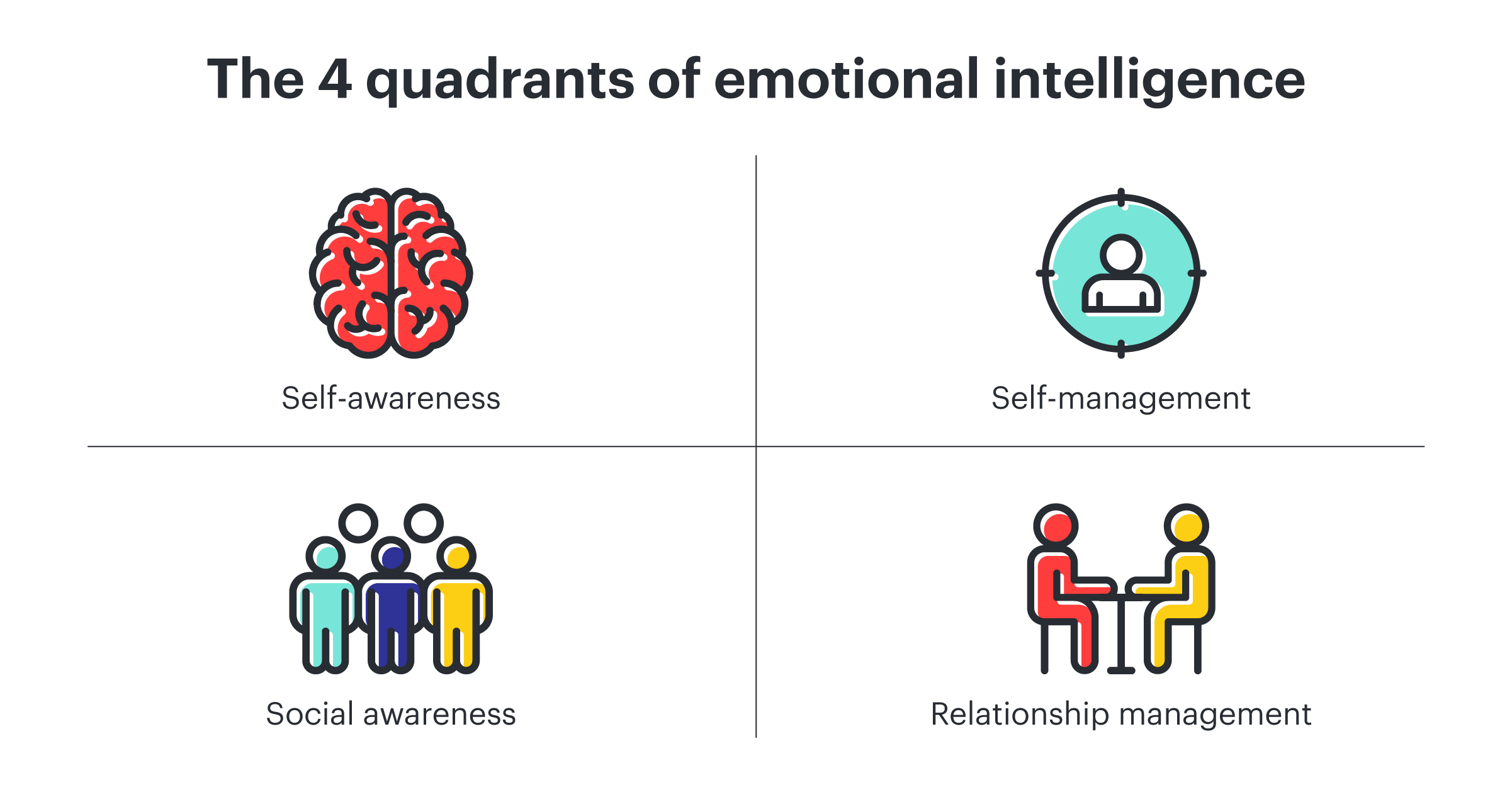Layers of Emotional Intelligence 2.0
Understanding Emotional Intelligence 2.0
Emotional Intelligence 2.0, often referred to as EQ, goes beyond traditional intelligence measures. It's about understanding and managing emotions effectively. Different from IQ, which measures cognitive abilities, EQ focuses on how individuals recognize and handle their own emotions and those of others.
The Impact of Emotional Intelligence 2.0
This transformative skill has far-reaching effects, especially in interpersonal relationships and leadership roles. Individuals with high emotional intelligence excel in understanding the emotions of others, fostering better communication, and creating harmonious environments. Leaders with strong EQ inspire and motivate their teams, driving success.
Developing Self-Awareness
At the core of Emotional Intelligence 2.0 is self-awareness. Recognizing and understanding our own emotions is the first step toward growth. Mindfulness practices, such as meditation and self-reflection, play a crucial role in developing this self-awareness.
Empathy in Action
Empathy, a key component of EQ, involves understanding and sharing the feelings of others. In professional settings, empathy promotes collaboration and teamwork. It's a powerful tool for resolving conflicts and building strong, supportive relationships.
Practical Strategies for Improving Emotional Intelligence 2.0
Enhancing your emotional intelligence is a continuous journey. Active listening, where you truly engage with others' perspectives, and cultivating empathetic responses are practical strategies to boost your EQ. These skills contribute to better decision-making and improved social interactions.
Real-life Success Stories
Emotional Intelligence 2.0 isn't just a theoretical concept; it's a real game-changer. Numerous success stories highlight how individuals transformed their careers by mastering their emotions and connecting with others on a deeper level. Overcoming challenges becomes more manageable with a heightened emotional intelligence.
Frequently Asked Questions (FAQs)
Q: Can Emotional Intelligence 2.0 be learned, or is it innate?
Emotional Intelligence 2.0 is a skill that can be developed. While some individuals may have a natural inclination, everyone can enhance their EQ through dedicated practice and self-awareness exercises.
Q: How does Emotional Intelligence 2.0 benefit professional settings?
In the workplace, Emotional Intelligence 2.0 fosters better teamwork, effective leadership, and improved communication. It's a valuable asset for navigating complex interpersonal dynamics.
Q: Are there specific exercises to improve Emotional Intelligence 2.0?
Yes, practices like mindfulness meditation, journaling emotions, and seeking feedback from others can significantly contribute to the development of Emotional Intelligence 2.0.
Q: Is there a connection between Emotional Intelligence 2.0 and mental well-being?
Absolutely. A high level of emotional intelligence correlates with better mental well-being. Understanding and managing emotions positively impact mental health.
Q: Can Emotional Intelligence 2.0 be measured?
Several assessments, such as the Emotional Intelligence Appraisal, can provide insights into your current EQ level. These tools help individuals understand their strengths and areas for improvement.
Q: How can leaders integrate Emotional Intelligence 2.0 in their management style?
Leaders can incorporate Emotional Intelligence 2.0 by actively listening to team members, showing empathy, and fostering a positive and inclusive work environment.
Conclusion
Emotional Intelligence 2.0 is not just a skill; it's a transformative force that elevates personal and professional relationships. As you embark on the journey of enhancing your EQ, remember that small changes can lead to significant positive outcomes. Mastering Emotional Intelligence 2.0 opens the door to a more fulfilling and successful life.

